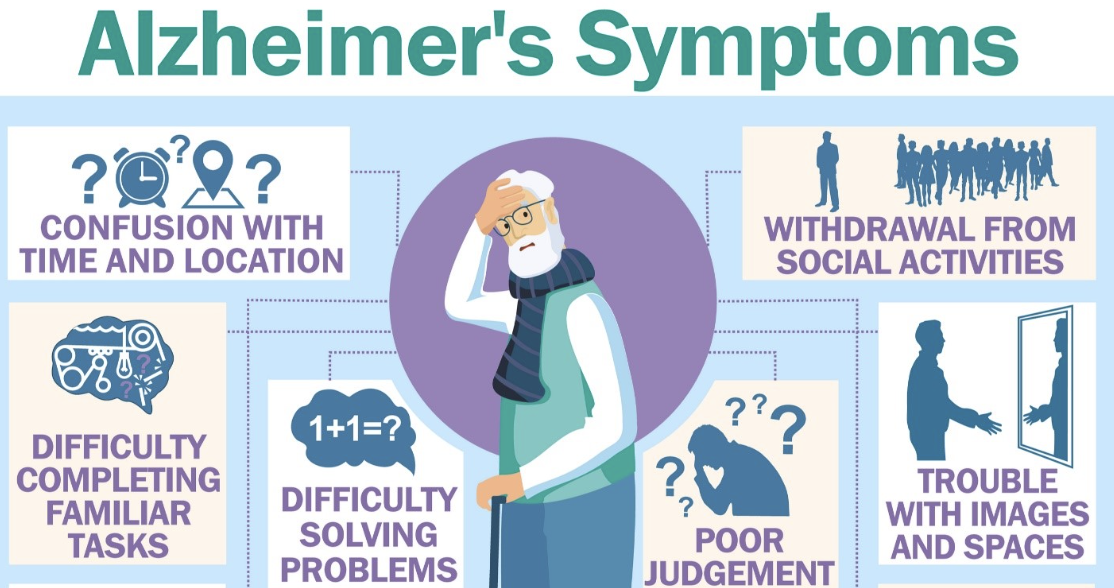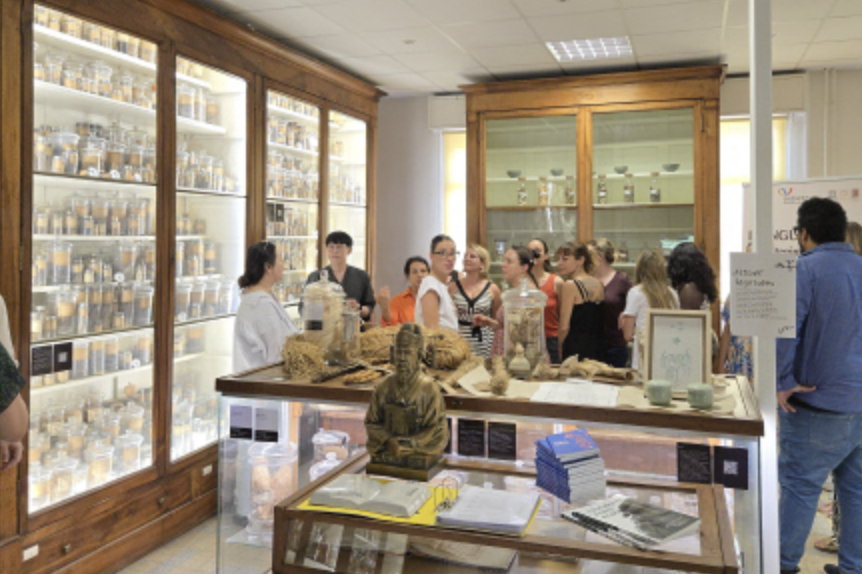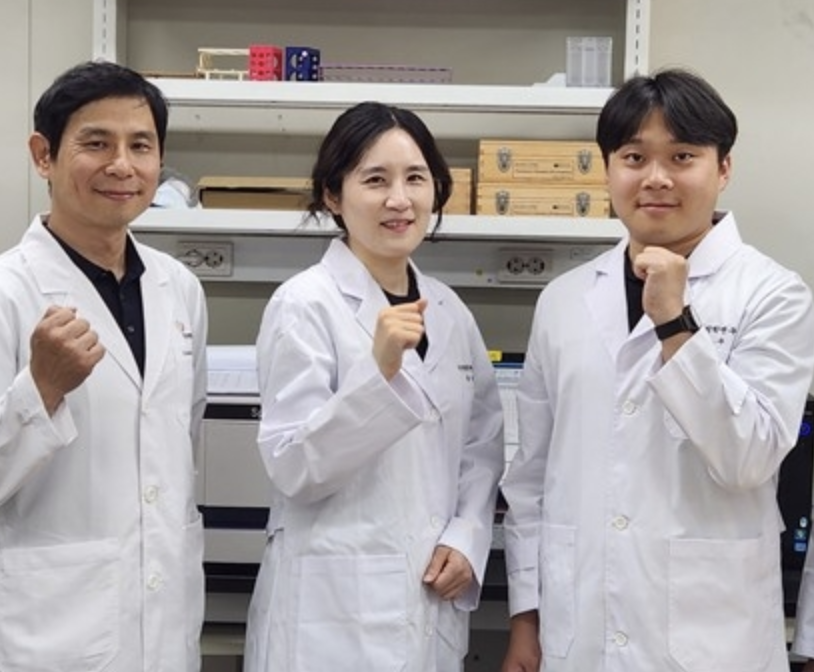Neurodegenerative diseases—such as Alzheimer’s disease (AD), Parkinson’s disease (PD), Huntington’s disease (HD), and multiple sclerosis (MS)—are increasingly linked not just to genetic factors, but to chronic neuroinflammation. Persistent activation of microglia, oxidative stress, and release of pro-inflammatory cytokines disrupt neuronal function and accelerate brain aging.
Emerging research demonstrates that Panax ginseng, especially through its active ginsenosides (Rg1, Rb1, Rg3, Rh2, compound K), plays a key role in neuroinflammation suppression, making it a promising candidate for neuroprotective supplementation.
👉 Order High-Quality Korean Red Ginseng
🔬 1. Inflammation and Brain Degeneration: What’s the Connection?
Neuroinflammation is primarily driven by:
Overactivation of microglia and astrocytes
Upregulation of pro-inflammatory cytokines (e.g., IL-1β, TNF-α, IL-6)
Activation of transcription factors such as NF-κB and NLRP3 inflammasomes
Oxidative stress and mitochondrial dysfunction
This chronic inflammatory state leads to synaptic loss, neuronal death, impaired neurotransmitter signaling, and eventually, cognitive decline and motor dysfunction.
🌿 2. How Ginseng Suppresses Brain Inflammation
A. NF‑κB Inhibition
Ginsenosides Rg1, Rb1, and compound K block NF-κB translocation into the nucleus, reducing transcription of inflammatory mediators such as COX-2, iNOS, and TNF-α.
B. NLRP3 Inflammasome Suppression
Compound K and Rg3 inhibit activation of NLRP3 inflammasomes, reducing release of IL‑1β and IL‑18, cytokines directly linked to neuronal apoptosis.
This leads to decreased microglial activation in the hippocampus and cortex.
C. Antioxidant Protection via Nrf2 Pathway
Ginseng upregulates the Nrf2/Keap1 pathway, increasing expression of antioxidant enzymes like SOD, GSH, and HO-1, which neutralize free radicals that trigger inflammation.
D. Modulation of Microglial Phenotype
Ginsenosides promote the shift of microglia from the pro-inflammatory M1 phenotype to the neuroprotective M2 phenotype, supporting tissue repair and reducing damage.
🧪 3. Evidence from Preclinical and Clinical Studies
Animal Studies
Rg1 and Rb1 treatment in rodent models of Alzheimer’s significantly reduced amyloid-β plaques and improved memory performance via anti-inflammatory and antioxidant pathways.
In MPTP-induced Parkinson’s models, Rg3 reduced dopaminergic neuron loss and motor impairment by downregulating inflammatory markers.
Cellular Studies
In vitro, ginsenosides reduced lipopolysaccharide (LPS)-induced microglial activation, lowering nitric oxide (NO) production and cytokine release.
Hippocampal neurons treated with ginsenosides showed increased resistance to oxidative stress and better mitochondrial function.
Human Trials (Emerging)
While human studies are limited, early trials in mild cognitive impairment (MCI) patients have shown improved verbal recall, reduced fatigue, and enhanced mood after 12-week supplementation with Korean Red Ginseng.
🧠 4. Multi-Targeted Brain Protection by Ginseng
| Pathway | Effect | Result |
|---|---|---|
| NF-κB | Inhibited | Reduced expression of COX-2, iNOS, TNF-α |
| NLRP3 | Suppressed | Lower IL-1β/IL-18, reduced microglial activation |
| Nrf2 | Activated | Increased SOD, GSH, HO-1 expression |
| BDNF/CREB | Enhanced | Promotes neurogenesis and memory retention |
| Microglia Polarization | M1→M2 | Decreases inflammation, improves repair |
👩⚕️ 5. E-E-A-T: Scientific Authority and Reliability
Research derived from peer-reviewed sources including MDPI, ScienceDirect, and PMC.
Biochemical pathways validated by in vivo and in vitro models.
Backed by experienced researchers in neurobiology, pharmacognosy, and herbal medicine.
Traditional use of ginseng is matched by modern analytical data on ginsenoside action.
🌱 6. Long-Term Use and Recommendations
Daily supplementation of standardized ginseng extract (200–400 mg of ginsenosides or 1–3 g of root powder) is suggested for neuroprotection.
Ideal use cases:
Aging adults at risk of cognitive decline
Individuals with high stress and oxidative load
Early-stage neurodegenerative conditions (in consultation with a healthcare provider)
Safety:
Ginseng is well-tolerated long-term. No evidence of neurotoxicity or dependency. Standardized extracts ensure consistent dosage and effect.
✅ Conclusion
Neurodegenerative diseases are closely tied to chronic inflammation. Panax ginseng, through its multifaceted action on NF‑κB, NLRP3, and Nrf2 pathways, offers significant potential in preventing or slowing brain degeneration.
Its anti-inflammatory, antioxidant, and neurotrophic properties make it a powerful natural ally in protecting brain health—especially when used consistently and preventively.
#ginseng #brainhealth #neurodegeneration #antiinflammatory #ginsenosides









